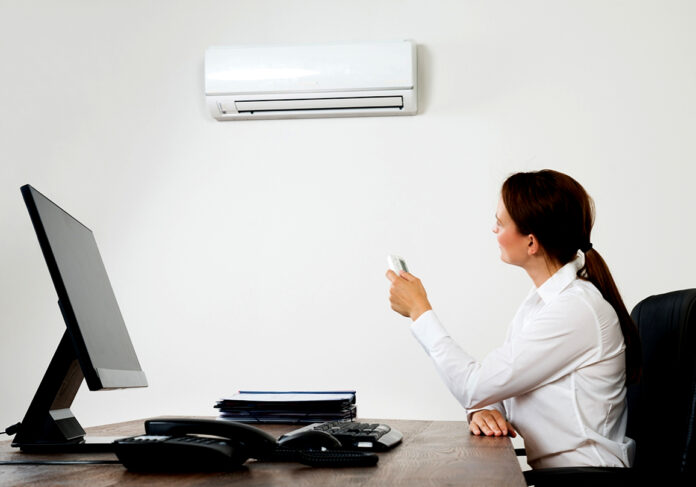
Most modern homes are fitted with a central air conditioner, which is capable of keeping the home cool even in the hottest summer months. However, if you want your air conditioner to run more efficiently, you’ll need to take some extra steps.
The Value of an Efficient Air Conditioner
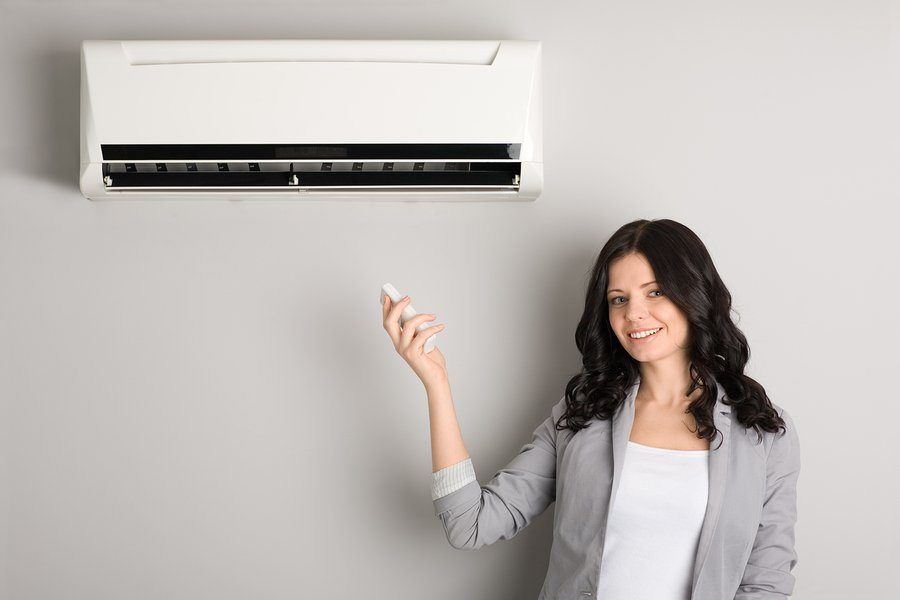
Having an efficient air conditioner is valuable for three main reasons:
- Faster, more consistent cooling. An air conditioner that’s capable of working efficiently will provide your home with faster, more efficient cooling. You’ll be able to achieve your target temperature in a matter of minutes in some cases, and you can expect consistent results from day to day and from room to room.
- Lower utility bills. While working at peak efficiency, an air conditioner will be able to achieve or preserve your target temperature with less energy expenditure. In other words, your electricity bills will be lower.
- Fewer repairs and longer life. Because an efficient air conditioner won’t have to “work” as hard as one of its inefficient counterparts, there will be fewer risks of things going wrong; you’ll pay less for repairs over the life of the air conditioner, and your air conditioner will last longer, ultimately saving you money.
Choose the Right Air Conditioner (or Upgrade)
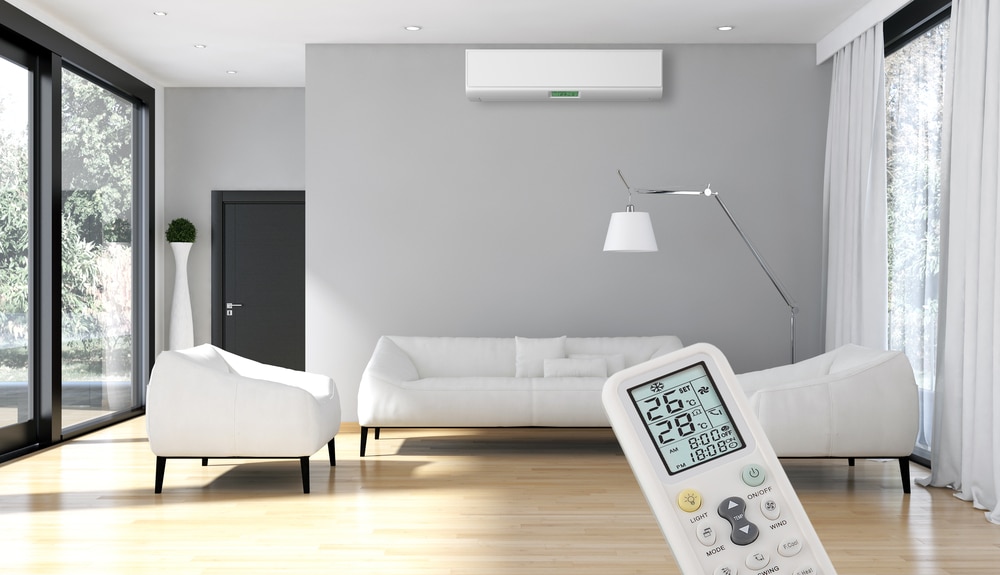
If you’re currently using an air conditioner that’s old or obsolete, one of your first priorities should be upgrading the air conditioner to a more recent, more efficient model. Over the past couple of decades, air conditioner technology has evolved to use less electricity while still providing consistent, reliable cooling to your home. Upgrading from a pre-2000 model to a brand new one can instantly slash your utility bills while keeping your home at a more consistent temperature.
Work With a Licensed HVAC Professional
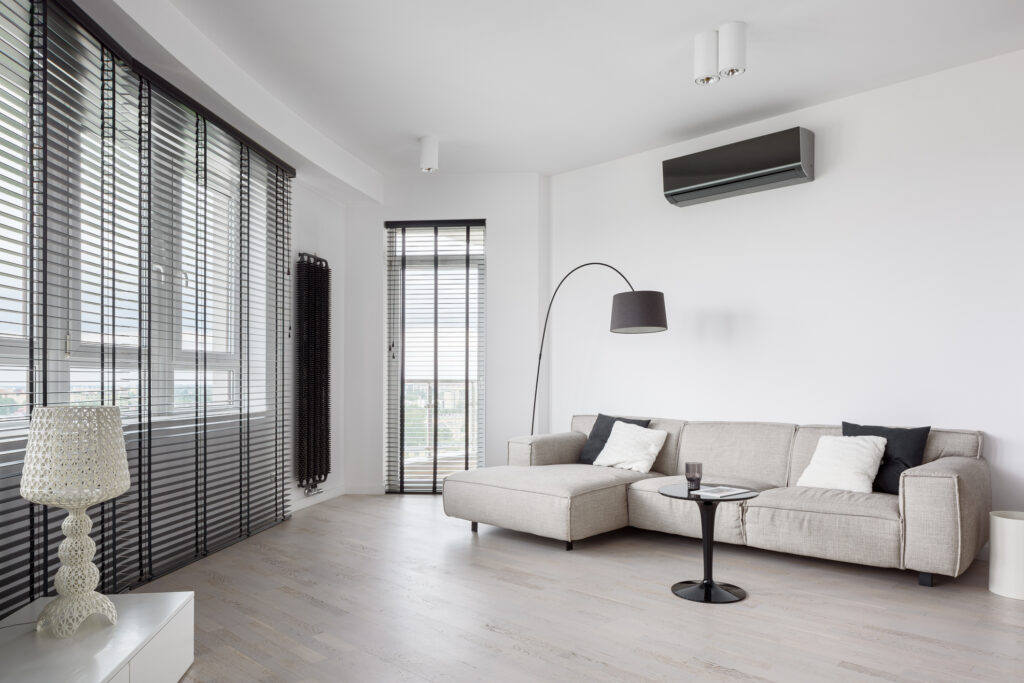
If you’re installing a new air conditioner, make sure you work with a licensed HVAC professional. According to Intelligent Design AC, the installation process is crucial to ensure the air conditioning unit is functioning properly and set up to be as efficient as possible. An experienced professional will be able to ensure all connection points are reliable, and test the unit to make sure it’s functioning as intended.
Improve Insulation
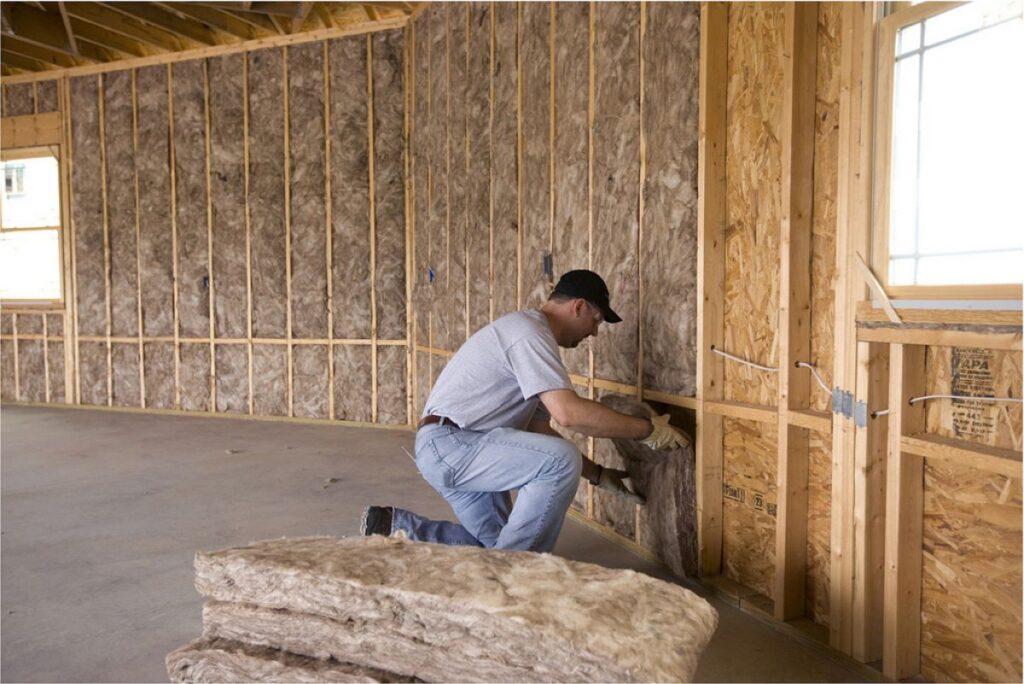
Your air conditioning unit might be working properly, but you’ll have a hard time keeping your home cool if it’s not insulated properly. Insulation provides a line of resistance to temperature changes; in other words, the hot outdoor air will be less likely to raise the temperature of your indoor environment. Because of this, your indoor air will stay cooler more consistently, and you’ll be able to maintain that temperature while using less energy.
These are just a few ways you can improve the insulating capacity of your home:
- Add or improve insulation in the walls. If your walls aren’t insulated, or if they were insulated many decades ago, they’re going to offer little protection against temperature changes. Consider re-insulating your entire house; with the help of modern blown insulation, the job is much easier than you think.
- Upgrade your old windows. One of the biggest sources of heat transfer in a home is through the windows—especially if you have old, energy efficient windows. Consider upgrading your older windows with new units that offer double-paned insulation and tighter seals.
- Seal air leaks around doors and windows. Windows and doors are both responsible for air leaks that can make your air conditioning less efficient. If there are cracks around these installations, even if they’re only small, they can negatively impact the efficiency of your unit. Check for leaks by using a hair dryer to blow hot air from the inside of the house, and feel for a leak on the outside. If you detect a leak, seal it with caulk.
Clean Your Ducts
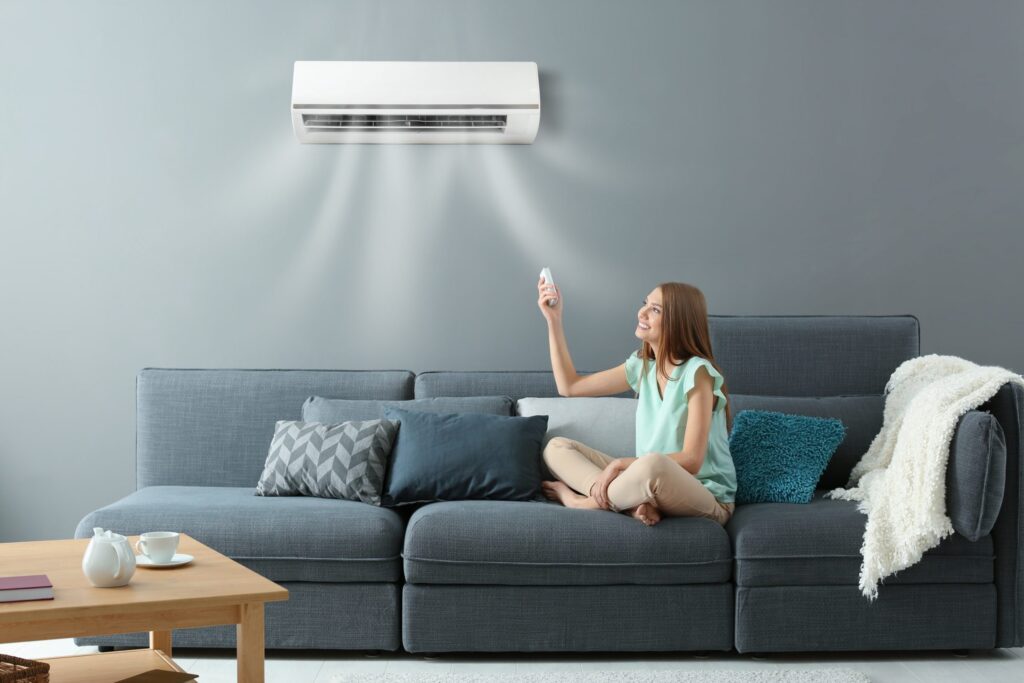
Air conditioning units blow cool air throughout the house using a network of ducts. You can improve the efficiency of this air transmission by keeping your ducts (and vents) clean. Have your ducts professionally vacuumed and cleaned at least once a year, and keep your vents as clean and clear of obstructions as possible.
Regularly Maintain Your AC Unit
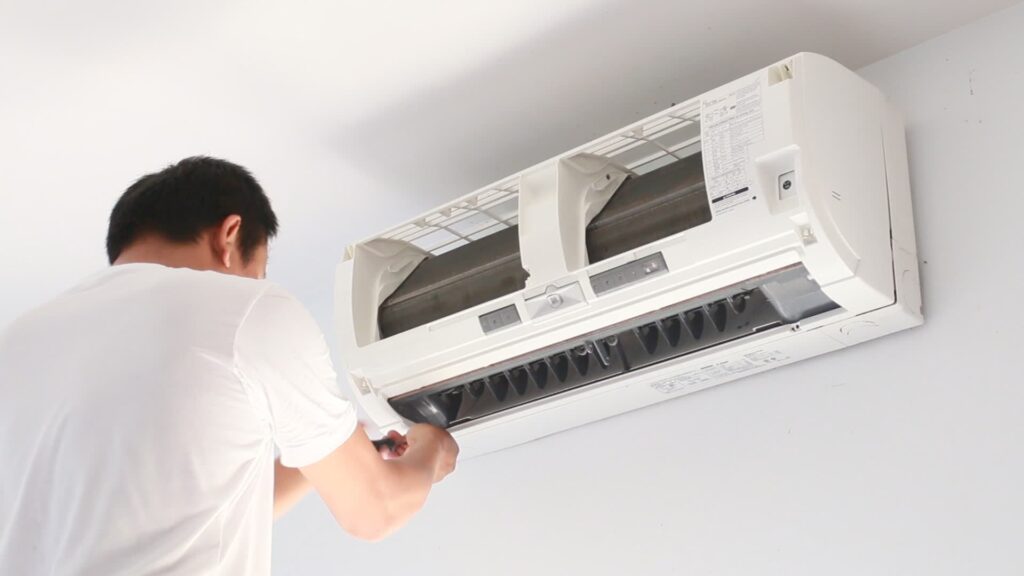
It’s also important to regularly clean and maintain your air conditioning unit to keep it in working order.
- Clean the condenser unit. The condenser unit is responsible for dissipating heat, so it must be clean in order to function properly. At least once per year, give your condenser unit a deep clean.
- Change the air filter. Every few months, it’s a good idea to change your air filter. The air filter is responsible for blocking dust and dirt particles that might otherwise compromise the integrity of the air conditioning system. Air filters are cheap and easy to switch, so there’s no excuse not to do this.
- Clear your drain line. While you’re at it, clear the drain line, which should be mounted above the furnace in your basement.
- Check for damage or repairs. If left unfixed, small issues with your air conditioner can gradually become big issues. Make sure you inspect your unit for potential repairs or damage, and fix issues as soon as possible. This will keep your unit running efficiently and save you money in the long run.
Keep Your Curtains and Blinds Closed—and Monitor Your Appliances

There are also little things you can do around the house to keep it cooler and help the air conditioner achieve its best performance. For example, you can keep your curtains and blinds closed to block out sunlight and prevent the home from becoming too warm. You can also avoid using warming appliances; for example, you can hang your clothes up to dry instead of using the dryer.
With your air conditioner running more efficiently, you’ll enjoy the benefits of a cooler home, a lower energy bill, and an air conditioning unit that lasts much longer than usual. While some of these upgrades may cost a bit of money upfront, their long-term benefits have the power to make them well worth the initial investment.














